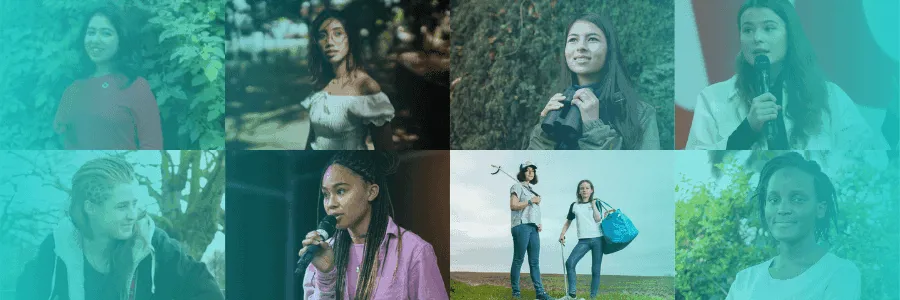In a world where the impact of climate change inflicts disproportionate harm on women and girls, it’s no surprise that women are playing such a huge role in the fight for climate justice.
At First Mile, we believe that it is within all our power to repair and restore our planet and we know there are a great many women fighting for a planet that’s safe for us and future generations.
So, who better to inspire us, this International Women’s Day, than these brave and brilliant female climate activists? We’ve selected 9 of them here to showcase their extraordinary efforts.
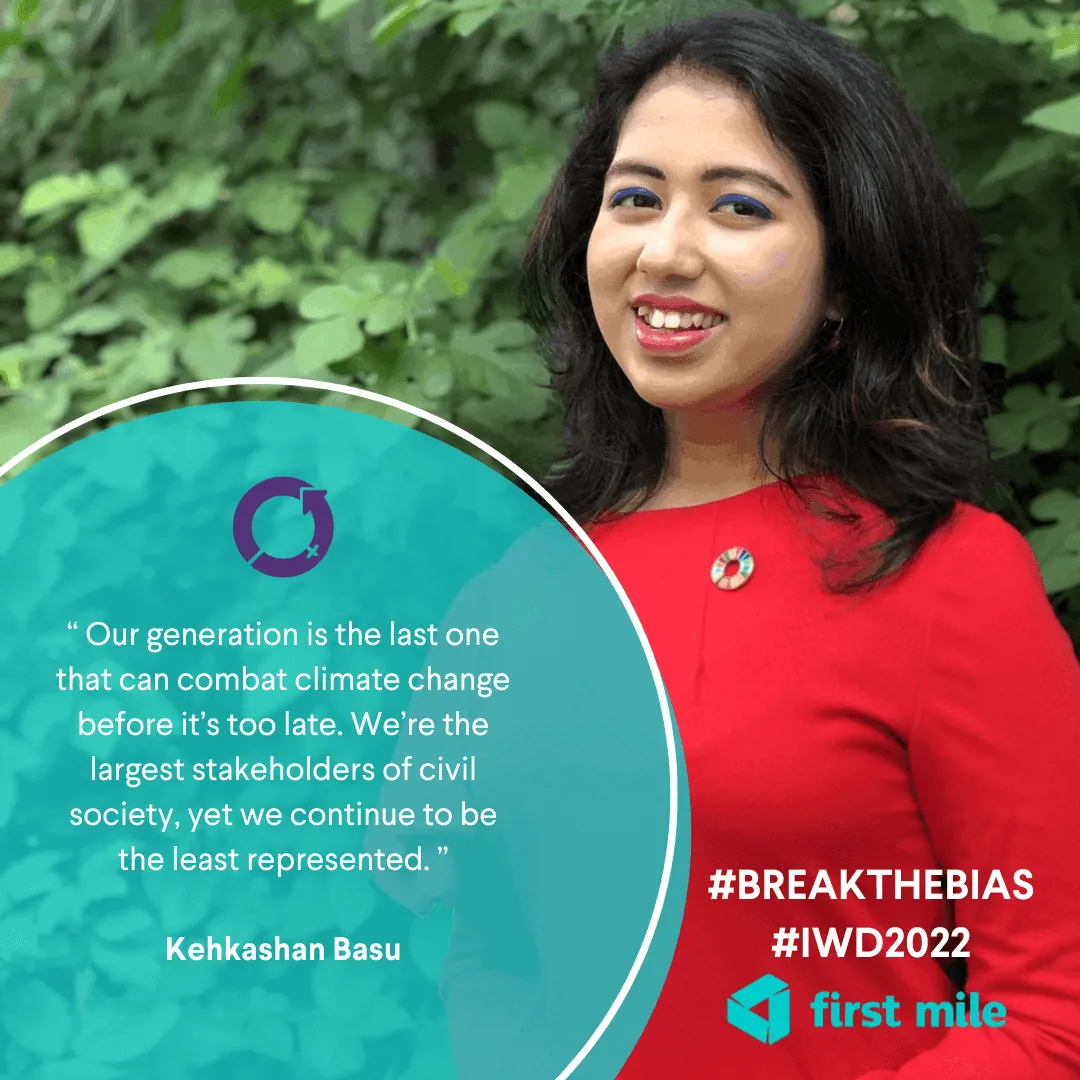
Kehkashan Basu is a passionate advocate for women and children’s rights. Her organisation, Green Hope, was set up to bring children together to work for a sustainable future and climate justice.
A trailblazer, her list of achievements is too long to record here, but includes winning the first-ever Voices Youth Award for her work on nuclear disarmament. She’s also a UN human rights champion, TEDx speaker and one of Forbes magazine’s 30 under 30.
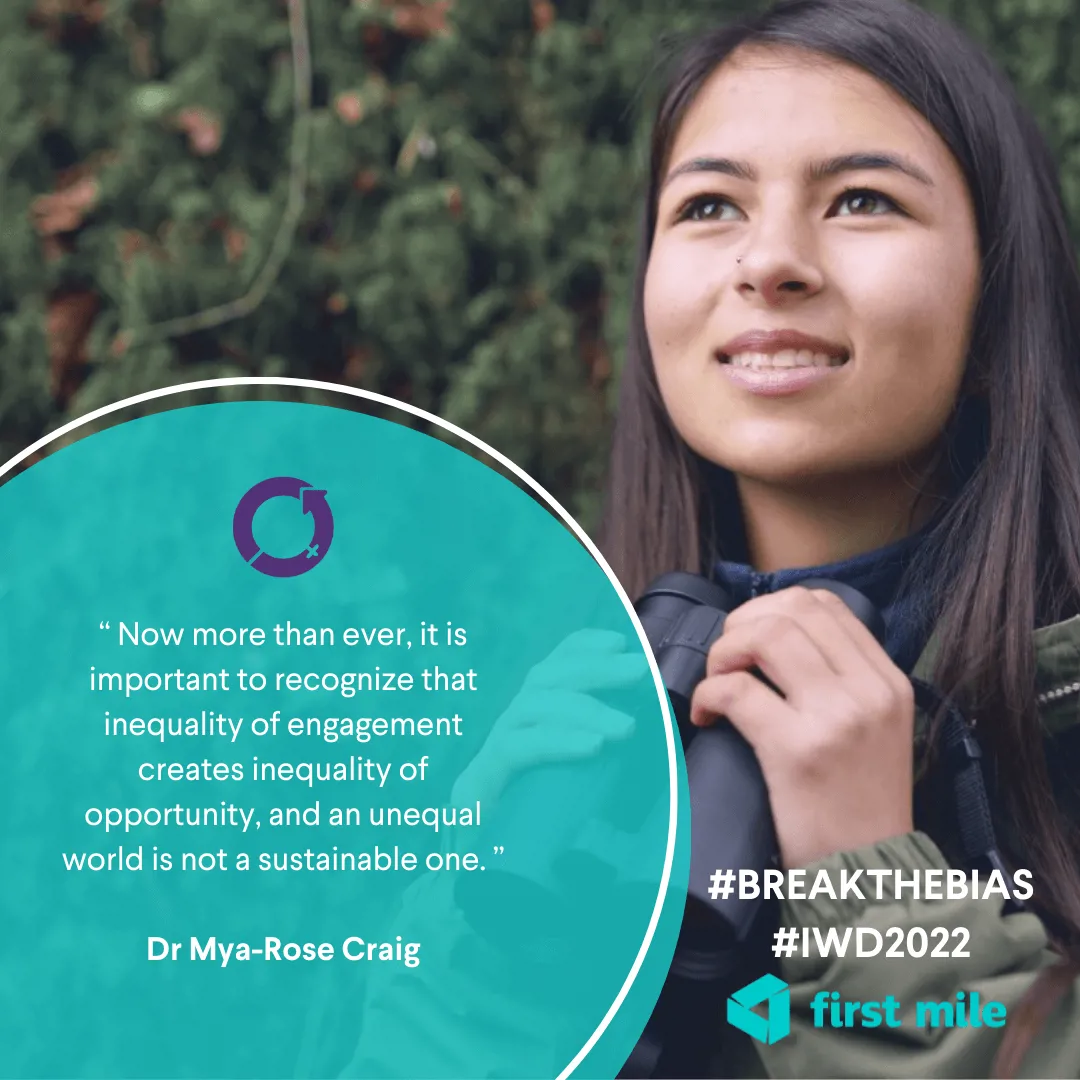
Not heard of Mya-Rose Craig yet? You will. She’s a 19-year-old British-Bangladeshi birder, environmentalist and diversity activist. At 11, she turned her passion for birding into a blog, Birdgirl, which soon became one of the world’s most popular bird blogs.
However, she soon became aware that there was nobody like her out in the countryside and realised that young people from a black, Asian and minority-ethnic background are much less likely to live in rural areas or have access to green spaces. Her solution? Setting up Black2Nature, which campaigns for equal access to nature for all.
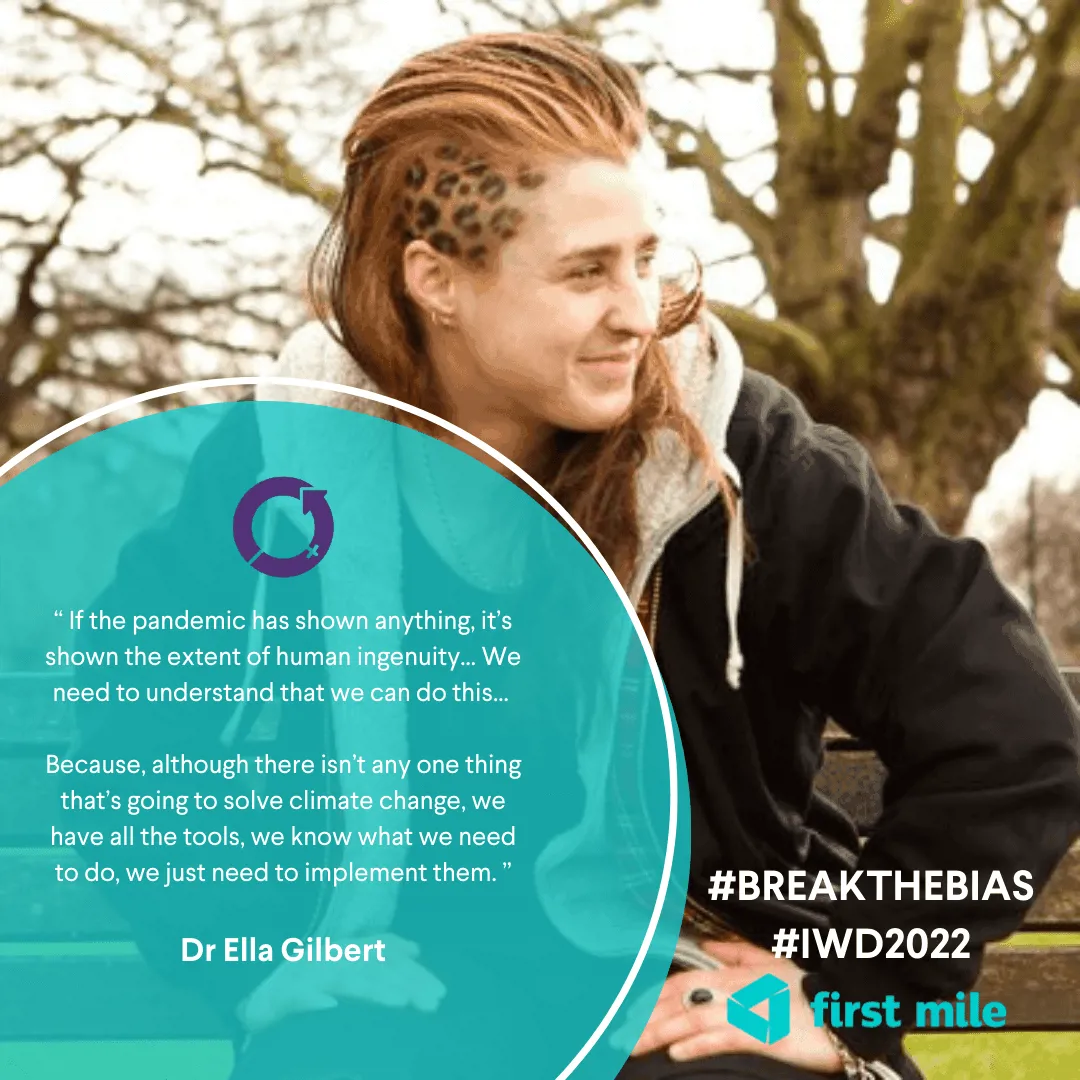
Ella Gilbert is a climate scientist, activist, presenter – and boxer. She holds a PhD in Antarctic climate change and describes herself as a massive cloud nerd.
Her work includes figuring out the most important causes of melting on Antarctic ice shelves and looking at the non-CO2 impacts of aviation on cirrus clouds.
She reminds us that there are good reasons to be cheerful in the climate change fight. We’ve achieved great changes before and we have the tools available to us to make many more. We just need the human ingenuity and creativity to implement those changes.
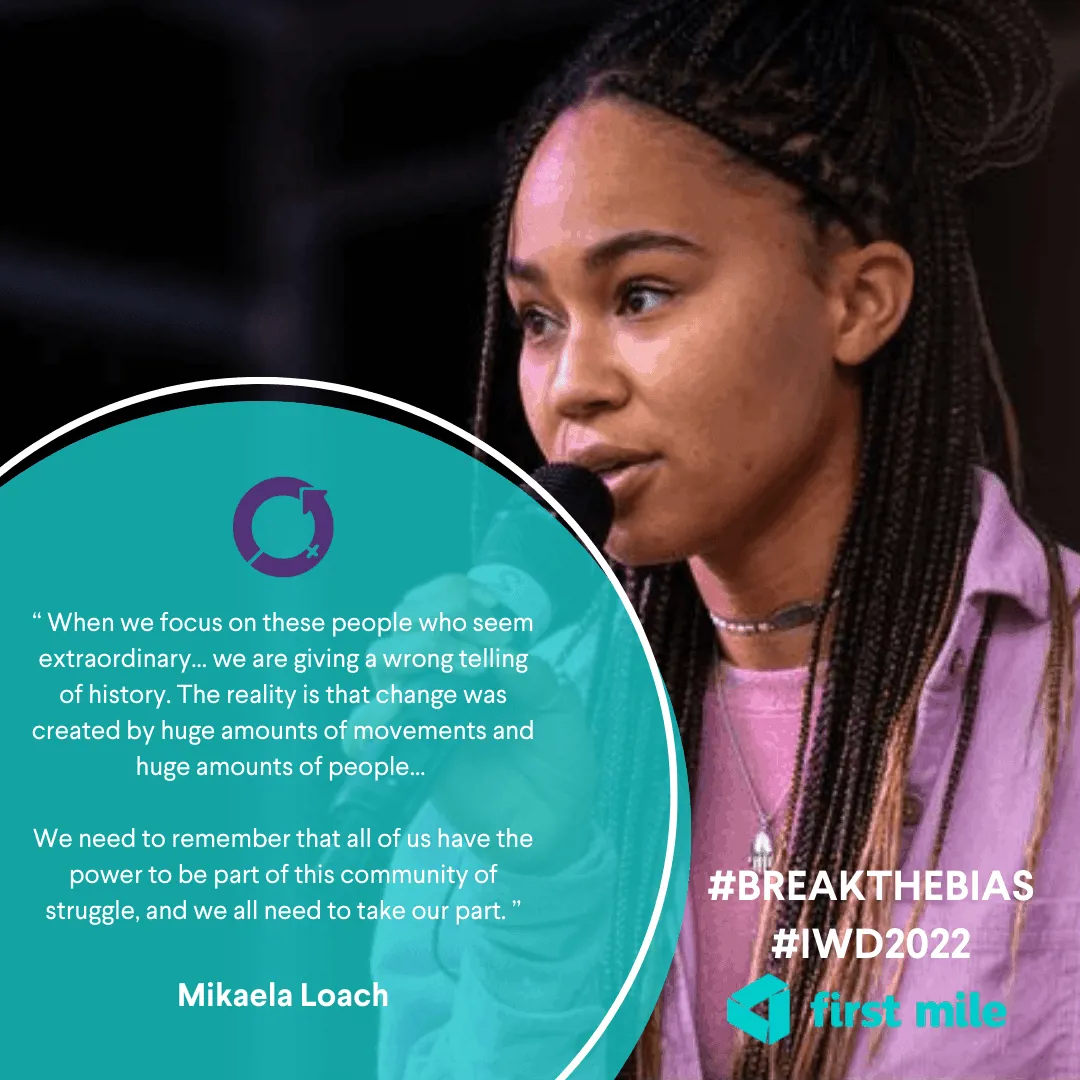
It was witnessing the impact that the climate crisis is having on countries like Jamaica, where she was born, which inspired Mikeala Loach to become an activist. This led to her growing awareness of the rights of refugees and her realisation that climate change is going to create the biggest forced migration in history.
Her activism includes locking herself to an Extinction Rebellion stage and taking part in a four-day roadblock outside a governmental department in London. She’s even taken the government to court for giving taxpayers’ money to oil and gas companies, forcing the UK government to admit that it’s using public money to prop up the oil and gas industry.
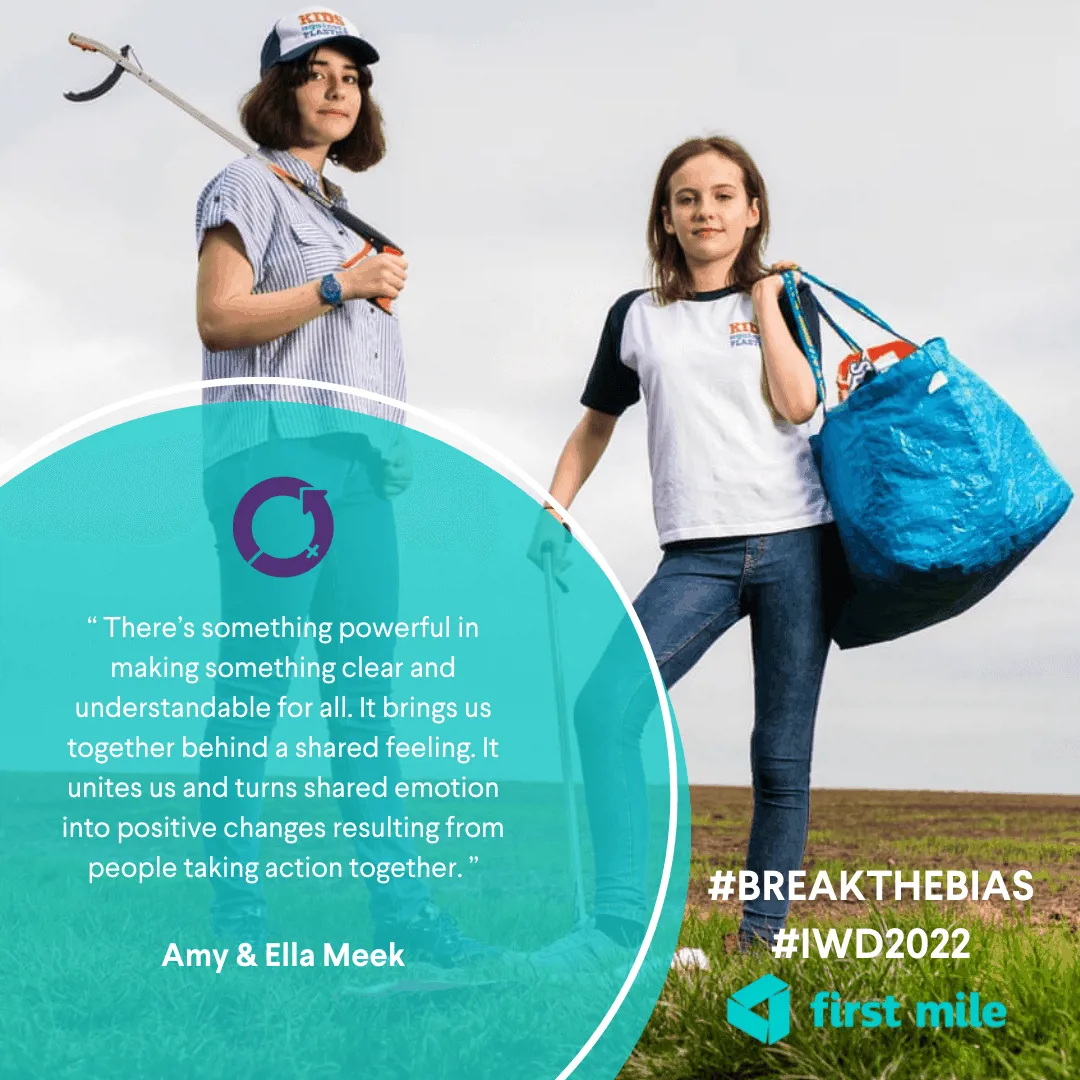
Based in the UK, Amy and Ella are sisters who founded their own charity, Kids Against Plastic, when they were only 12 and 10. They fell in love with nature during hikes in national parks with their parents. So when they discovered the devastating impact our misuse of plastic is having on the planet they set out to do something about it.
Four years on, they’ve collected over 100,000 pieces of single-use plastic litter, launched campaign initiatives with over 1000 schools and over 50 cafés, businesses and festivals, and even published a book called Be Plastic Clever. They’ve also set up a Plastic Clever initiative, which encourages cafés, businesses, local councils, festivals and schools to reduce their plastic usage in a manageable way.
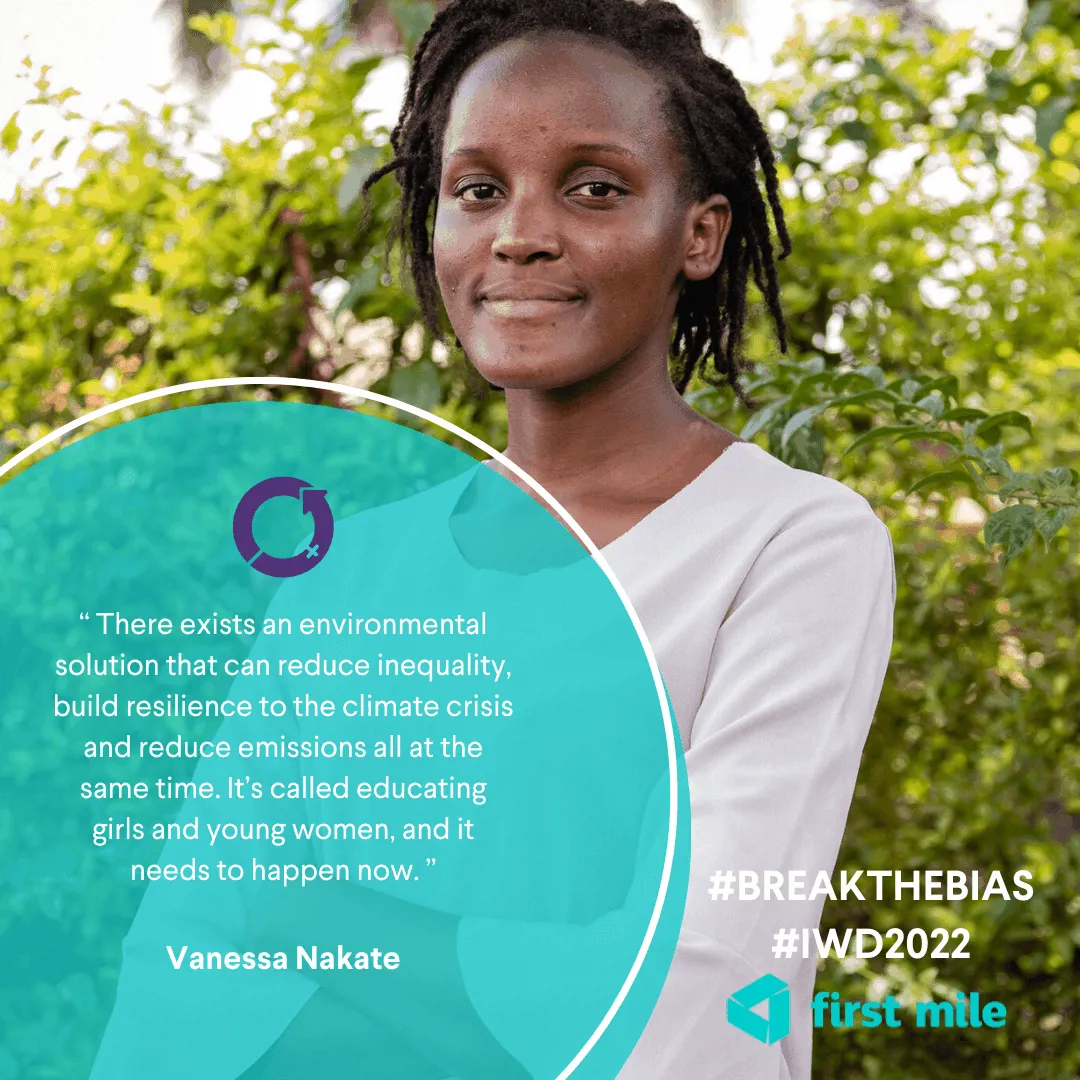
Vanessa Nakate started her first climate protest alone outside the Ugandan parliament in January 2019. Since then, she has founded Youth for Future Africa, Rise Up and the Green Schools Project. She’s also attended the World Economic Forum in Davos and spoken at COP25 and COP26.
In January 2020, she experienced blatant racism when she was cropped out of a photograph with Greta Thunberg and three other white climate strikers. She received an apology from Associated Press, but the experience – and messages from activists to whom the same thing had happened – demonstrated how often climate activists of colour are erased from the conversation around the climate crisis.
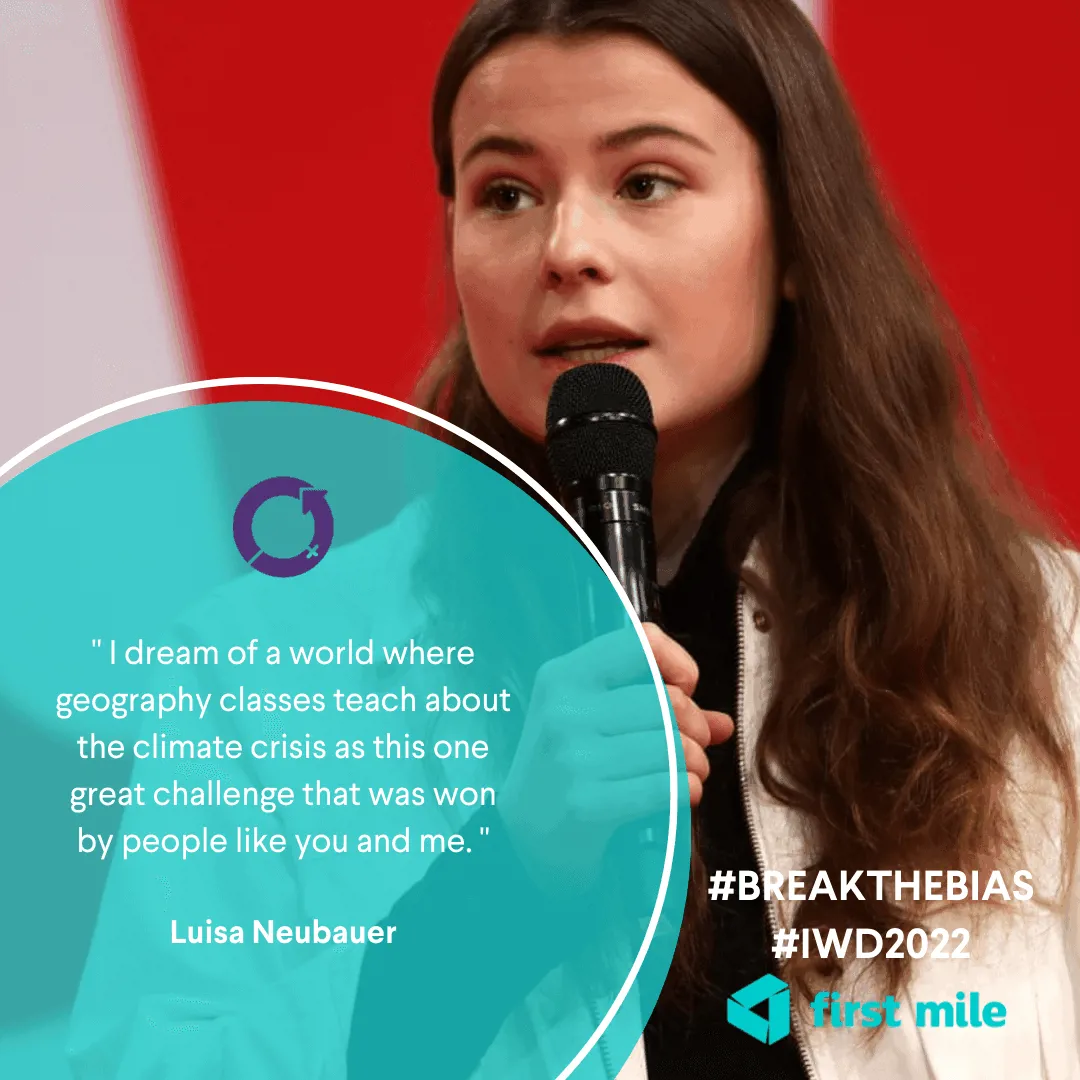
Aged 25, Luisa Neubauer is one of the main organisers of the school strike for climate movement in Germany (Fridays for Future) and is often referred to as the ‘German Greta Thunberg’.
She’s been a youth ambassador for ONE since 2016 and worked with the Foundation for the Rights of Future Generations, 350.org, the Right Livelihood Award foundation, the Fossil Free campaign and The Hunger Project. In 2018, with the campaign Divest! Withdraw your money!, she successfully forced the University of Göttingen to stop investing in industries that make money with coal, oil or gas.
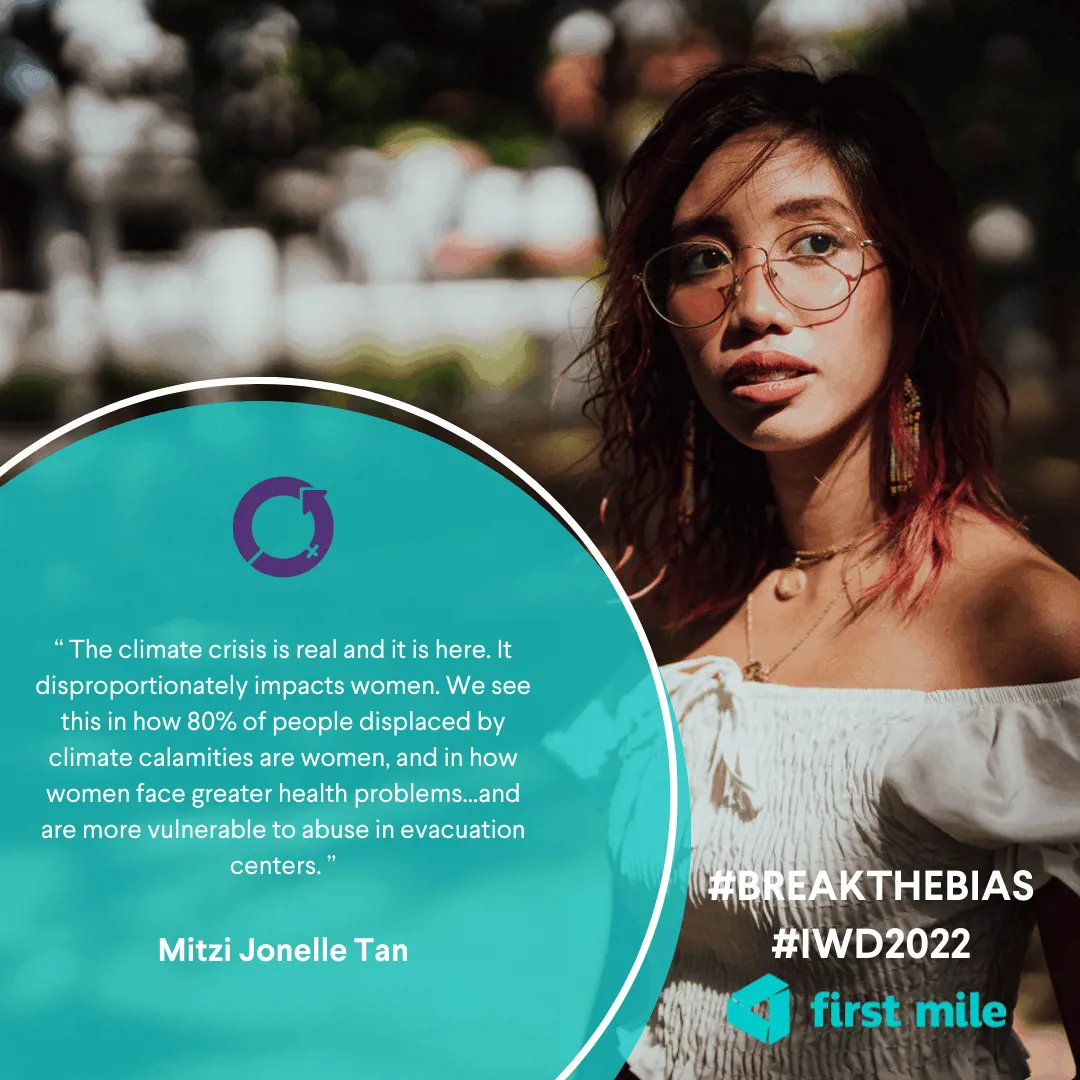
When Mitzi Jonelle Tan was a child, she often had to do her homework by candlelight because one of the many typhoons experienced annually in the Philippines, where she lives, had cut the electricity. She was experiencing the climate crisis first hand because the Philippines is the second most vulnerable country to rising sea levels and increasing temperatures. And yet it contributes to less than 0.40% of the world’s carbon emissions.
Tan’s activism began after she met indigenous leaders in her country, who helped her realise that collective action was essential. She then co-founded Youth Advocates for Climate Action Philippines providing education by visiting schools to talk about the climate issue. She is especially focused on the disproportionate impact of the climate crisis on women and talks about the gender stereotypes and sexism that she faces in her activism.
